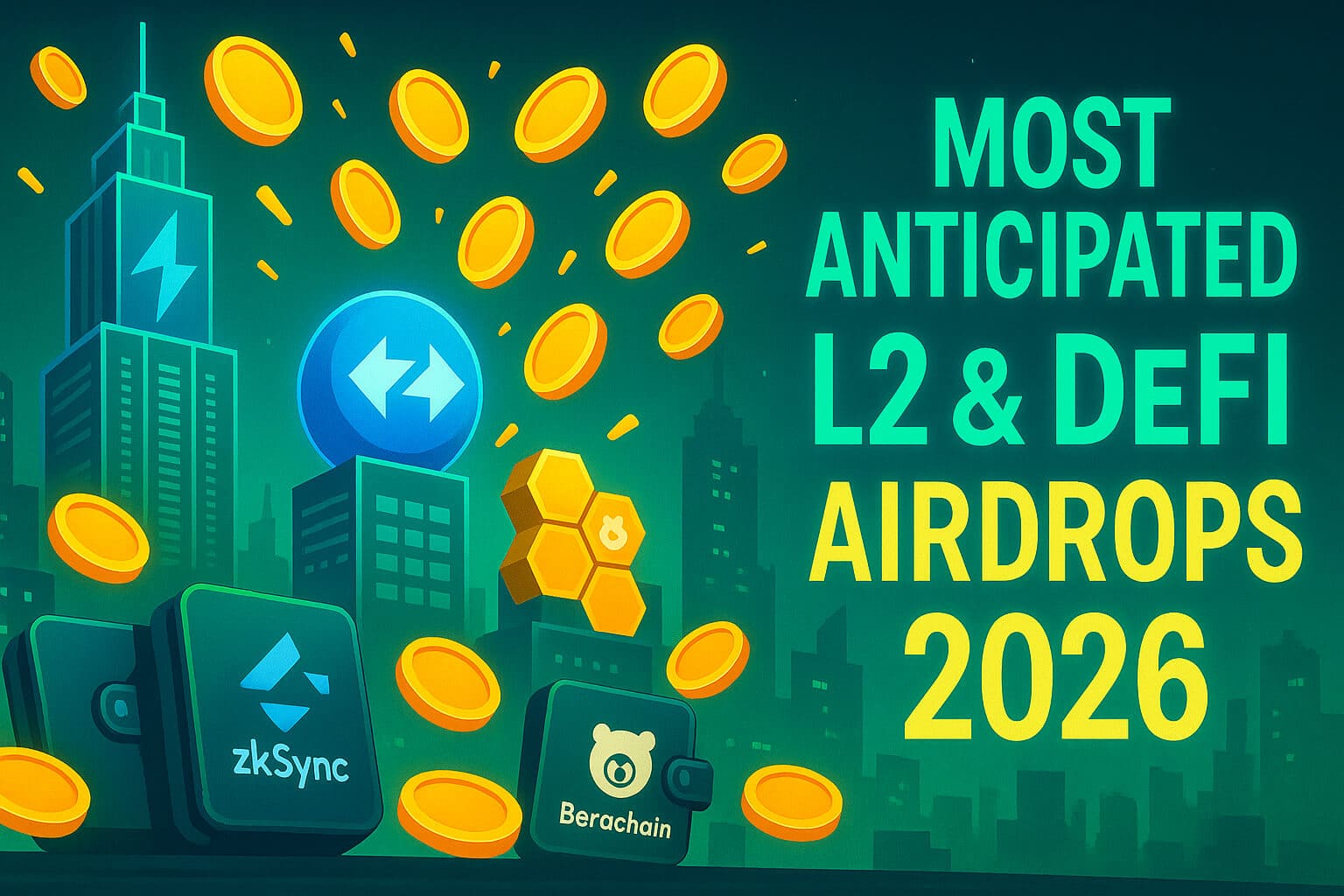1. Introduction: The Global Financial Inclusion Challenge
In today’s world, access to financial services is crucial for economic empowerment and social mobility. Yet, according to the World Bank, around 1.7 billion adults globally remain unbanked, meaning they lack access to basic financial services such as banking, credit, and insurance. These individuals are often excluded from the formal financial system due to various barriers, including geographic isolation, lack of identification, and financial literacy gaps. Cryptocurrencies, with their decentralized and accessible nature, offer a promising solution to this global challenge. By providing financial services without the need for traditional banking infrastructure, cryptocurrencies have the potential to bridge the financial inclusion gap and empower unbanked populations worldwide.
Why Cryptocurrencies Matter for the Unbanked:
Cryptocurrencies can bypass traditional banking barriers, offering secure and accessible financial services to individuals who lack access to the formal financial system.
2. How Cryptocurrencies Provide Financial Services to the Unbanked
2.1 Digital Wallets: Accessible Banking Without a Bank
One of the most significant barriers for the unbanked is the lack of access to a traditional bank account. Cryptocurrencies address this challenge through digital wallets, which allow individuals to store, send, and receive digital assets securely. These wallets do not require a bank account or credit history, making them accessible to anyone with an internet connection and a smartphone. Digital wallets enable the unbanked to participate in the global economy, make payments, and save money without relying on a traditional bank.
- Key Benefits:
- No Bank Account Required: Digital wallets provide banking-like services without the need for a traditional bank account.
- Global Accessibility: Individuals can access financial services from anywhere in the world with an internet connection.
- Secure Storage: Cryptocurrencies are securely stored in digital wallets, protected by encryption and private keys.
2.2 Peer-to-Peer Transactions: Direct and Cost-Effective Payments
Cryptocurrencies enable peer-to-peer (P2P) transactions, allowing individuals to send and receive payments directly without intermediaries such as banks or payment processors. This direct approach reduces transaction costs and eliminates the need for expensive remittance services, which often charge high fees for cross-border transfers. For the unbanked, who may rely on remittances from family members abroad, cryptocurrencies offer a more affordable and efficient way to transfer money.
- Key Benefits:
- : P2P transactions reduce fees associated with traditional payment methods.
- Direct Payments: Individuals can send and receive payments directly, bypassing intermediaries.
- Affordable Remittances: Cryptocurrencies offer a cost-effective alternative to traditional remittance services.
2.3 Microfinance and Loans: Empowering Small Entrepreneurs
Access to credit is a significant challenge for the unbanked, particularly for small entrepreneurs who lack collateral or a credit history. Cryptocurrencies and blockchain technology are enabling new forms of microfinance, where individuals can obtain small loans or crowdfunding without going through traditional financial institutions. Decentralized finance (DeFi) platforms offer peer-to-peer lending, where users can lend and borrow cryptocurrencies directly from each other, often at lower interest rates than traditional banks.
- Key Benefits:
- Accessible Credit: Cryptocurrencies enable microfinance and loans without the need for a traditional credit history.
- Peer-to-Peer Lending: DeFi platforms facilitate direct lending and borrowing, often with lower interest rates.
- Support for Entrepreneurs: Unbanked individuals can access capital to start or expand small businesses.
2.4 Blockchain-Based Identification: Overcoming the ID Barrier
A lack of official identification is a significant barrier to accessing financial services for many unbanked individuals. Blockchain technology can help overcome this challenge by providing a secure and verifiable digital identity. Blockchain-based identification systems allow individuals to create and manage their own identity records, which can be used to access financial services without needing traditional ID documents. This digital identity can be verified by multiple parties, enhancing trust and reducing the risk of identity theft.
- Key Benefits:
- Digital Identity: Blockchain enables secure and verifiable digital identities, overcoming the lack of traditional ID.
- Trust and Security: Digital identities are secured through blockchain’s cryptographic principles.
- Access to Services: Individuals can use blockchain-based IDs to access financial services and other resources.
3. The Impact of Cryptocurrencies on Unbanked Populations

3.1 Financial Inclusion and Economic Empowerment
By providing access to financial services, cryptocurrencies can significantly impact the lives of unbanked individuals. Access to savings, credit, and payments can empower individuals to manage their finances, invest in education or business opportunities, and improve their overall economic well-being. Financial inclusion through cryptocurrencies can also help reduce poverty by providing the tools needed to participate in the global economy.
- Key Impacts:
- Economic Empowerment: Access to financial services enables individuals to improve their economic situation.
- Poverty Reduction: Financial inclusion can help lift individuals and communities out of poverty.
- Global Participation: Cryptocurrencies allow the unbanked to participate in the global economy.
3.2 Greater Financial Independence
For many unbanked individuals, reliance on informal financial services, such as moneylenders or community savings groups, often results in high fees and limited access to credit. Cryptocurrencies offer a more independent and secure way to manage finances, giving individuals control over their money without the need for intermediaries. This greater financial independence can lead to more stable and secure financial lives.
- Key Impacts:
- Control Over Finances: Cryptocurrencies provide individuals with direct control over their money.
- Reduced Reliance on Intermediaries: Cryptocurrencies eliminate the need for costly intermediaries.
- Financial Stability: Greater control and access to financial services lead to more secure financial lives.
4. Challenges and Considerations for Cryptocurrencies and the Unbanked
4.1 Digital Literacy and Access
While cryptocurrencies offer significant potential for the unbanked, there are challenges to consider, particularly regarding digital literacy and access. Many unbanked individuals may lack the necessary knowledge or skills to use digital wallets or understand how cryptocurrencies work. Additionally, access to the internet and smartphones, essential for using cryptocurrencies, may be limited in certain regions. Addressing these challenges is crucial for ensuring that cryptocurrencies can effectively reach and benefit the unbanked.
- Key Challenges:
- Digital Literacy: Unbanked individuals may require education and support to use cryptocurrencies effectively.
- Access to Technology: Limited access to the internet and smartphones can hinder the adoption of cryptocurrencies.
- User-Friendly Solutions: Developing user-friendly platforms and tools is essential for reaching the unbanked.
4.2 Regulatory and Legal Barriers
The regulatory environment surrounding cryptocurrencies varies significantly across different countries, with some governments embracing digital currencies while others impose restrictions or outright bans. These regulatory uncertainties can create challenges for the widespread adoption of cryptocurrencies among the unbanked. It is essential to navigate these regulatory landscapes carefully to ensure that cryptocurrencies can be used safely and legally in providing financial services to the unbanked.
- Key Challenges:
- Regulatory Uncertainty: The evolving regulatory landscape creates challenges for cryptocurrency adoption.
- Legal Restrictions: Some countries may impose restrictions on the use of cryptocurrencies.
- Compliance: Ensuring that cryptocurrency use complies with local laws and regulations is crucial.
5. The Future of Cryptocurrencies for Financial Inclusion
5.1 Growing Adoption and Innovation
As awareness of the potential of cryptocurrencies for financial inclusion grows, we can expect to see increased adoption and innovation in this space. New platforms, services, and technologies are continually being developed to make cryptocurrencies more accessible and user-friendly for the unbanked. From simplified digital wallets to blockchain-based financial services tailored to the needs of the unbanked, the future of cryptocurrencies in promoting financial inclusion looks promising.
- Key Trends:
- Increased Adoption: More unbanked individuals are expected to adopt cryptocurrencies as awareness grows.
- Innovative Solutions: New platforms and services are being developed to make cryptocurrencies more accessible.
- Global Impact: Cryptocurrencies have the potential to bring financial services to unbanked populations worldwide.
5.2 Partnerships and Collaborations
The future of cryptocurrencies for financial inclusion will also involve partnerships and collaborations between various stakeholders, including governments, NGOs, fintech companies, and blockchain developers. These collaborations can help overcome barriers to adoption, develop regulatory frameworks, and create tailored solutions that address the specific needs of unbanked populations. By working together, these stakeholders can ensure that cryptocurrencies fulfill their potential in promoting financial inclusion.
- Key Trends:
- Cross-Sector Partnerships: Collaboration between governments, NGOs, and fintech companies will drive adoption.
- Regulatory Frameworks: Developing supportive regulatory frameworks will facilitate the safe use of cryptocurrencies.
- Tailored Solutions: Partnerships will lead to the development of solutions that meet the needs of the unbanked.
Conclusion: Cryptocurrencies as a Tool for Financial Inclusion
Cryptocurrencies hold the potential to revolutionize financial inclusion by providing essential financial services to the unbanked. Through digital wallets, peer-to-peer transactions, microfinance, and blockchain-based identification, cryptocurrencies can bridge the gap and empower individuals who have been excluded from the formal financial system. While challenges such as digital literacy and regulatory barriers remain, the future of cryptocurrencies in promoting financial inclusion is promising. By continuing to innovate and collaborate, we can harness the power of cryptocurrencies to create a more inclusive and equitable financial system for all.
For more insights and detailed analysis on how cryptocurrencies are promoting financial inclusion, explore our Cryptocurrency Inclusion Guides section.
Stay Updated
For the latest updates on cryptocurrencies and financial inclusion, follow us on:
Stay informed with the latest strategies and insights in the world of cryptocurrencies at FreeCoins24.io.
Special Offer
Looking to explore cryptocurrency solutions for financial inclusion? Sign up on Bybit today and take advantage of up to $30,000 in deposit bonuses. Start banking the unbanked with innovative cryptocurrency solutions.

















